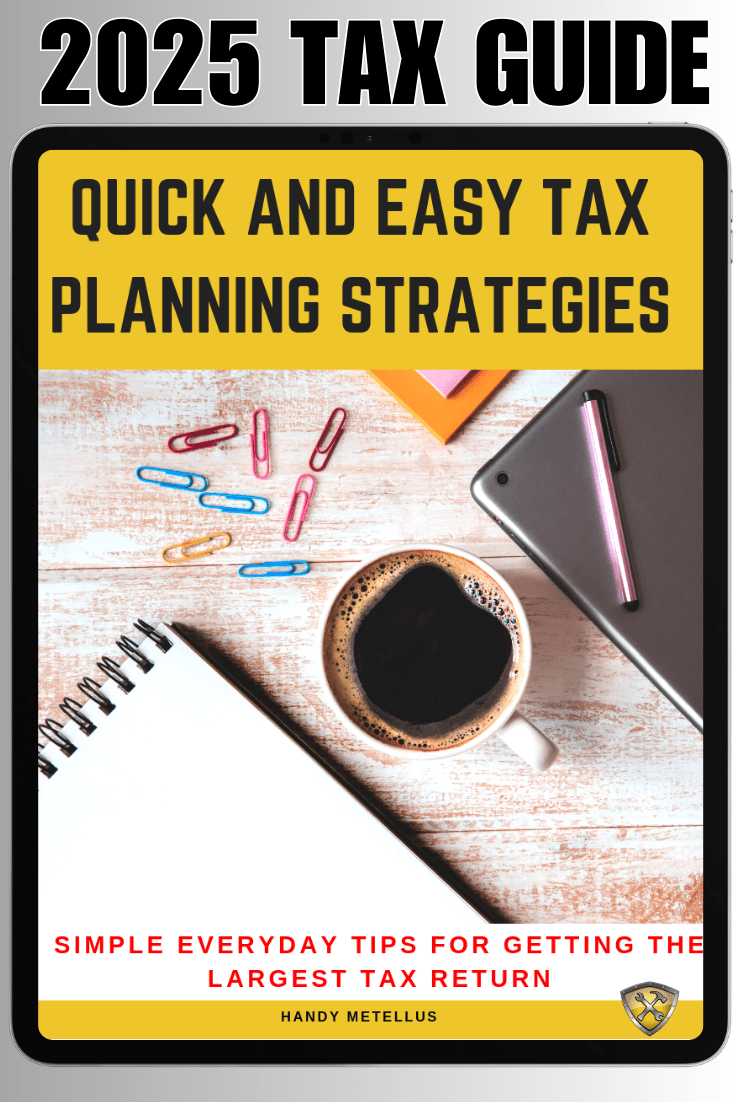Many people wonder, is there an inheritance tax in Florida? In other words, do you owe taxes on the money you inherit when a loved one passes?
The good news is Florida is a great state to live in for the wealthy (or anyone for that matter) as there are no inheritance taxes or income taxes, but there are still factors anyone living in Florida should know when setting up their estate.
THIS POST MAY CONTAIN AFFILIATE LINKS. PLEASE READ MY DISCLOSURE FOR MORE INFO. This means if you click on any of the links, I’ll receive a small commission.
Inheritance Tax in Florida – Is it a Thing?
Inheritance tax doesn’t exist in Florida at any level. It’s against the Florida constitution to assess taxes on inheritance, no matter how much it’s worth.
This means if your mom leaves you $400,000, you get $400,000 – there are no taxes to pay. There isn’t a limit on the amount you can receive either – any money you receive as an inheritance is tax-free at the state level.
You may wonder, what about federal taxes – the federal government wants their cut, right?

Federal Inheritance Tax – What you Must Know
You may be wondering, do you have to pay federal taxes on inheritance?
No and here’s why. Your inheritance is not considered income even if you inherit cash, but here’s the big BUT…
Anything that you earn as a result of your inheritance such as interest or gains your receive if you sell your inherited items are generally taxable.
At this point, any inheritance you receive in Florida is tax-free, right? But what about non-monetary inheritances?
Be sure to check with a qualified tax professional for advice particular to your situation!
Non-Monetary Forms of Inheritance – How do they Affect your Taxes?
Non-monetary inheritance, such as property or investments aren’t considered taxable in the eyes of either the federal or state government. In other words, you could receive your mom’s house or 401K and not pay taxes on it, but there are some exceptions.
If the property earns income BEFORE it’s distributed to you, taxes may be assessed on the income, but only the income, not the value of the inheritance.
For example, you inherit an income-production property from your mom. While the property is in probate and not distributed yet, you earn rental income from the tenants. Your mom would have paid (federal) taxes on that income and so will you. Once the property is legally transferred, your taxation may differ, but for the time being, you’ll owe taxes on the income.
The same is true of any money you withdraw from a tax-deferred inheritance, such as a 401K. If you withdraw funds from an inherited 401K, you’ll pay taxes on the withdrawals, just like your loved one would have if they were alive.
Get your biggest tax refund guaranteed with TurboTax. The #1 best selling tax software. Start today.
How Much can you Inherit Tax-Free in Florida?
As the recipient of an inheritance, you don’t have to worry about inheritance tax in Florida. You also don’t have to worry about income tax since Florida doesn’t assess it.
However, watch your federal tax liabilities. If an estate is worth over $11.7 million for a single-filer, there will be federal taxes levied, but the taxes come out of the estate before it’s distributed.
This means you don’t pay the taxes personally, but you’ll receive less income once the estate pays the taxes.
What is an Estate Tax?
An Estate Tax is a tax levied on the net value of the estate of the deceased person that you know before it is distributed to you or any additional heirs.
The estate must be worth over $11.7 million (single filer) and $23.4 million (married filing jointly couple) for it to be taxed. This means most citizens get around the federal inheritance tax.
Even if an estate is worth more, estate planning attorneys help individuals set up trusts to get around the inheritance tax.
5 Estate Planning Tips
As you’re planning your estate, keep these tips in mind.
- Beneficiaries will pay taxes on any inheritance they sell. For example, if they sell your home, they’ll pay taxes on any profits between the sales price and the ‘stepped-up basis’ which is the value of the property at the time of death. Most beneficiaries will pay a capital gains tax rate of 20%, but it may vary.
- Consider the tax liability of withdrawing from a retirement account. If you’ll leave 401K or IRA accounts to your loved ones, think of the tax liability it may leave them. Any benefits your loved ones receive that’s considered income or was tax-deferred (you didn’t pay taxes on it), will incur a tax liability for your loved ones.
- Instruct your beneficiaries to claim life insurance quickly. The faster your loved ones claim your life insurance, the less likely it is that they’ll incur a tax liability. Most insurance policies won’t have a gain between the date of death and claiming the policy if they claim it quickly.
- Think about capital gains taxes. If your beneficiaries sell the assets you give to them, they’ll pay capital gains taxes. Construct your assets so that they either won’t have to sell them or can minimize their tax liability since capital gains taxes can be as high as 20% in some cases.
- All assets go through probate. You won’t have to worry about leaving your loved ones with your liabilities since your estate will settle them before your assets are distributed. This takes the burden off your loved ones and ensures your estate is settled.
Final Thoughts – Is there an Inheritance Tax in Florida?
Many people move to Florida during their retirement years and it’s easy to see why. When wondering if there is an inheritance tax in Florida, many people are pleasantly surprised to learn there isn’t.
It’s much easier to pass along your entire estate (or most of it) without handing over a large chunk to the state first.
Florida is an attractive place to live when it comes to taxes since they also don’t assess income tax. Beneficiaries can enjoy the estate you built up without the worry of crazy high tax liabilities.
It can get confusing to determine where and when you’ll pay taxes, which is why using a Licensed Tax Advisor is always recommended.
Don’t try to guess what tax liabilities you’ll incur or even what taxes you owe if you inherited property. Talk to the professionals to ensure you’re following the law.
Until the next money adventure, take care from The Handy Tax Guy Team!

Disclaimer Statement: All data and information provided on this site is for informational purposes only. The Handy Tax Guy makes no absolute representation of the correctness, mistakes, omissions, delays, appropriateness, or legitimacy of any information on this site. **Note: Each client circumstance will vary on a case-by-case basis**
UP NEXT: 10 Advantages and Disadvantages of Living in Florida








